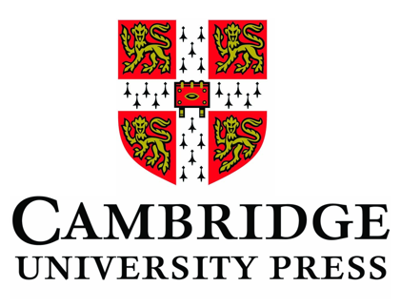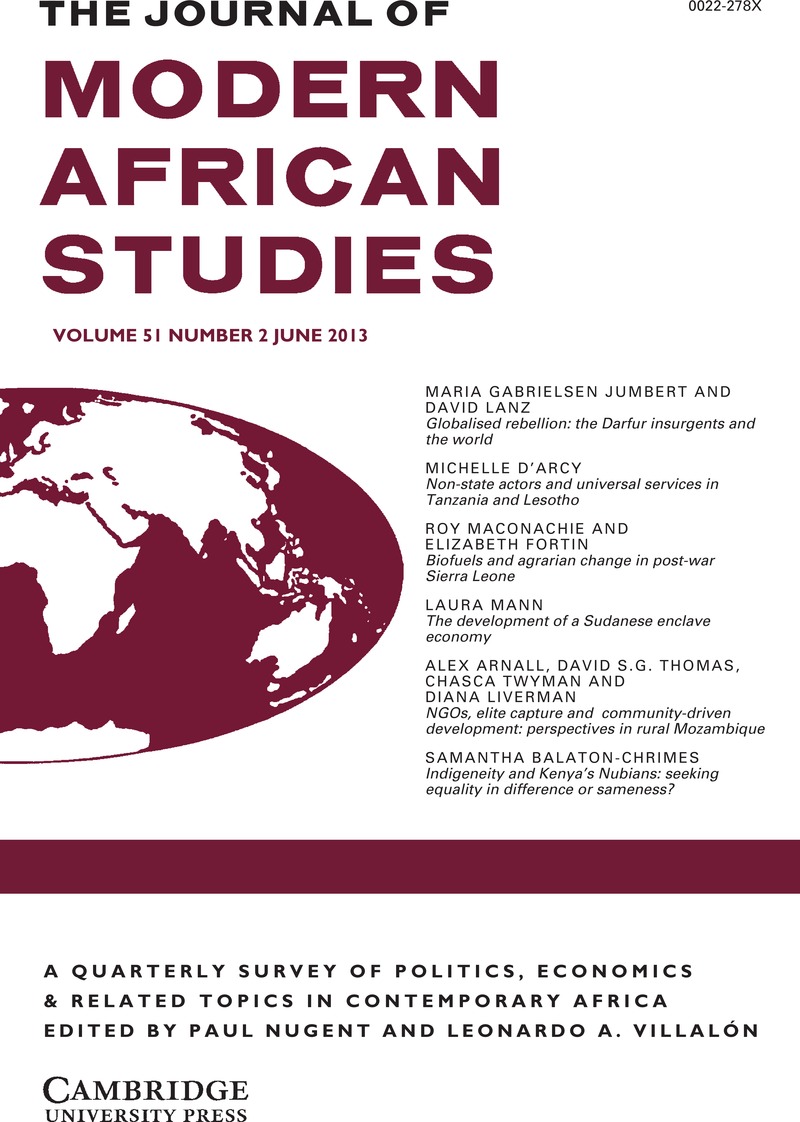Location
Cambridge University Press is part of the University of Cambridge. Our mission is to unlock people’s potential with the best learning and research solutions. Our vision is a world of learning and research inspired by Cambridge.
Our peer-reviewed publishing lists comprise over 53,000 titles covering academic research, professional development, over 350 research journals, school-level education, English language teaching and Bible publishing. This list is growing every year and spans subjects from aesthetics through to zoology, with authors ranging from Shakespeare to English language teaching author, Ray Murphy.
A pioneer in our field, we are committed to supporting innovation in learning and teaching. We publish without boundaries, ensuring our resources are accessible across the globe, in print, online and other digital formats.
We take pride in supporting community programmes across the globe. Staff are encouraged to offer practical help, advice and funding to nurture vital charitable, educational and voluntary partnerships.
Playing a leading role in today's global market place, we have over 50 offices around the globe, and distribute our products to nearly every country in the world. We publish 50,000 authors based in over 100 different countries.
Members:
Resources
Displaying 51 - 55 of 81‘New agriculture’ for sustainable development? Biofuels and agrarian change in post-war Sierra Leone
In sub-Saharan Africa, commercial bioenergy production has been hailed as a new form of ‘green capitalism’ that will deliver ‘win-win’ outcomes and ‘pro poor’ development. Yet in an era of global economic recession and soaring food prices, biofuel ‘sustainability’ has been at the centre of controversy. This paper focuses on the case of post-war Sierra Leone, a country that has over the last decade been consistently ranked as one of the poorest in the world, facing food insecurity, high unemployment and entrenched poverty.
Environmental suitability of a highly fragmented and heterogeneous landscape for forest bird species in south-eastern Brazil
Assessment of the suitability of anthropogenic landscapes for wildlife species is crucial for setting priorities for biodiversity conservation. This study aimed to analyse the environmental suitability of a highly fragmented region of the Brazilian Atlantic Forest, one of the world's 25 recognized biodiversity hotspots, for forest bird species. Eight forest bird species were selected for the analyses, based on point counts (n = 122) conducted in AprilâSeptember 2006 and JanuaryâMarch 2009.
Response of guanacos Lama guanicoe to changes in land management in PenÃnsula Valdés, Argentine Patagonia: conservation implications
The guanaco Lama guanicoe was the only large native herbivore widely distributed across Patagonia until the introduction of domestic sheep Ovis aries. Guanacos have declined because of competition with sheep for forage, high hunting pressure and habitat degradation. PenÃnsula Valdés is a protected area where sheep ranching is the predominant activity. A ranch formerly dedicated to sheep production was converted into a private wildlife reserve, from which all the sheep were removed in 2005.
Panglima Laot of Aceh: a case study in large-scale community-based marine management after the 2004 Indian Ocean tsunami
Despite dating back over 400 years the relevance of traditional fisheries management in Aceh, Indonesia, still remains high. Aceh was, however, greatly affected by the December 2004 Indian Ocean tsunami that claimed an estimated 167,000 lives, including 14,000 fishermen and 59 of the 193 traditional marine leaders (Panglima Laot). This tragic loss of life was accompanied by a substantial loss of local knowledge, such as the locations of hazardous fishing grounds.
Impacts of internal and external policies on land change in Uruguay, 2001â2009
Policies play a pivotal role in determining land change. Uruguay has been subject to first a rise and then decline in plantations of exotic trees as a result of internal Uruguayan government policies, and a recent substantial increase in soybean cultivation that may be attributed to Argentinean policies. To properly assess the relationship between land change and changes in land-use policies, vegetation change for Uruguay from 2001 to 2009 was mapped using MODIS imagery.



